Mozambique faces 'silent and destructive adversary' in illegal fishing - FAO
Mozambique: ‘Dollarisation’ of economy in post election crisis – central bank | Watch
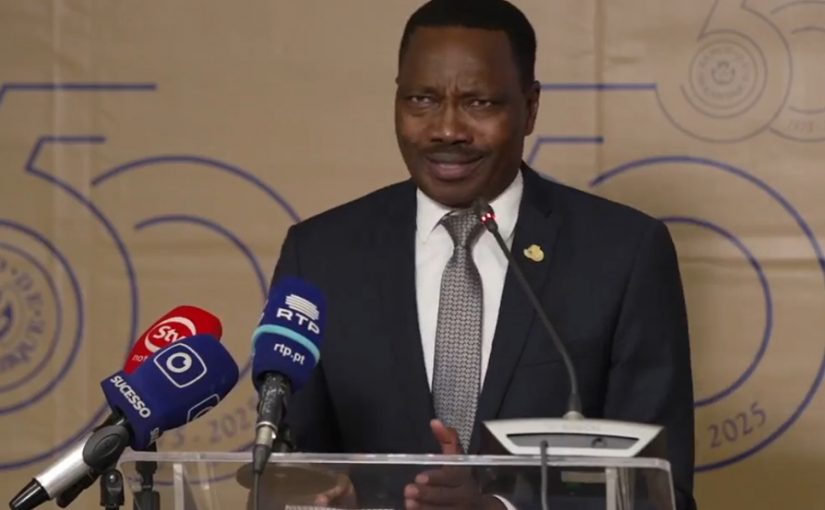
Screen grab: Banco de Moçambique
The governor of the Bank of Mozambique, Rogério Zandamela, acknowledged on Friday that the country witnessed a “dollarisation” of the economy at the end of last year, following the post-election crisis, particularly in the attempt to withdraw foreign currency from banks.
“Today, looking back, although it was not clear at the time, January was certainly the most difficult moment (…) I would say from the end of the year, December, January. Then things calmed down,” said the governor, responding to journalists at the end of the Monetary Policy Committee (CPMO) meeting held today in Maputo.
Zandamela was questioned, in particular, about the guarantee he gave at the end of March that there would be sufficient liquidity in the foreign exchange market, when businesspeople complained about the lack of access to foreign currency to make imports, with the central bank adopting regulations the following month to facilitate the process.
According to the governor, the position was the result of an assessment made at the time, which was later confirmed by attempts in the market to “shield itself with the dollarisation of financial and non-financial assets”.
“This is not unusual. It’s just that when there is a crisis – let’s be frank – it is also a problem of confidence. When confidence is shaken, you saw the number of trips abroad during that period, you saw a lot of people leaving the country. Some lost confidence in the country, some wanted to sell everything they had and leave: “Does our country have a future or not? ” This pressure is not surprising, it happened. But no one said what they were doing, and they weren’t going to say,” he said.
“This pressure [access to foreign currency] did exist, and it was very strong. And the banks played a role (…) the banks know their customers,” he assured.
Mozambique experienced its most complicated post-election period after the general elections of 9 October 2024, with demonstrations, strikes, looting and the destruction of businesses and public institutions as a means of contesting the results. Clashes with the police also left around 400 people dead, according to organisations on the ground.
The violence ceased after a meeting on 23 March between presidential candidate Venâncio Mondlane, who does not recognise the election results and called for the protests, and Mozambican President Daniel Chapo, who took office on 15 January, during which both agreed to end the violence in the country.


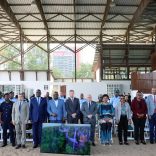
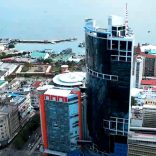
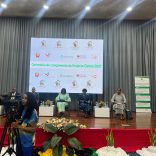
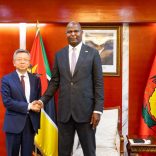

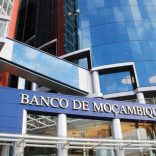





Leave a Reply
Be the First to Comment!
You must be logged in to post a comment.
You must be logged in to post a comment.